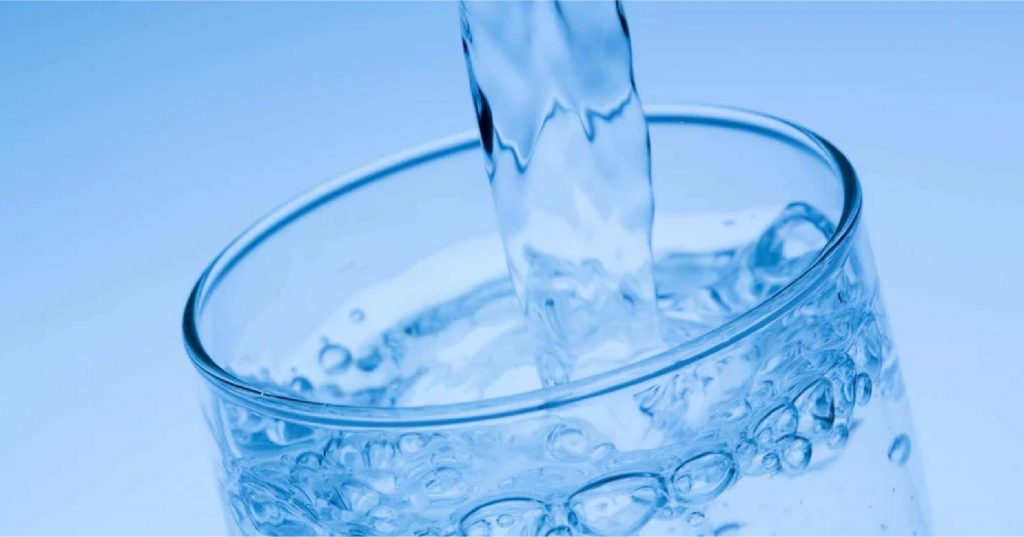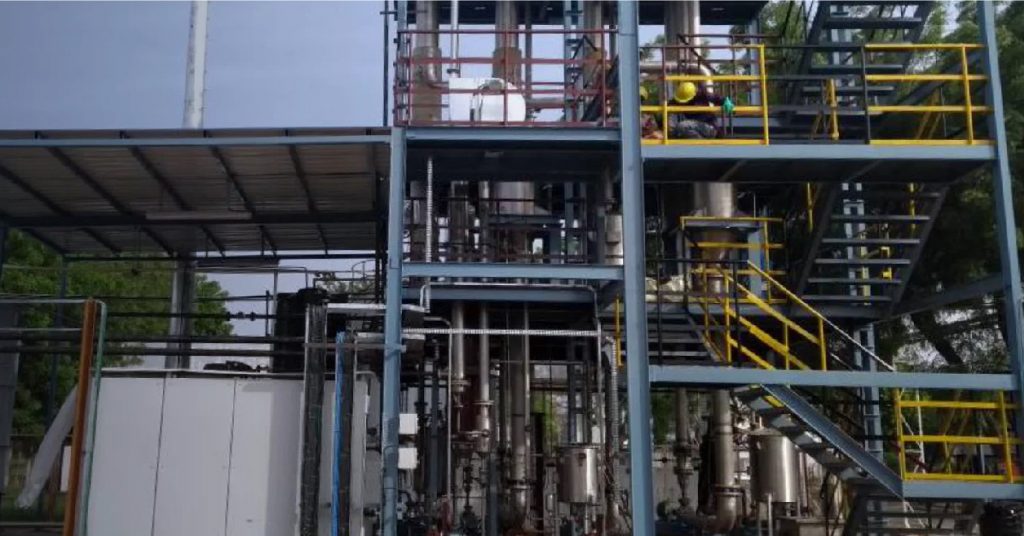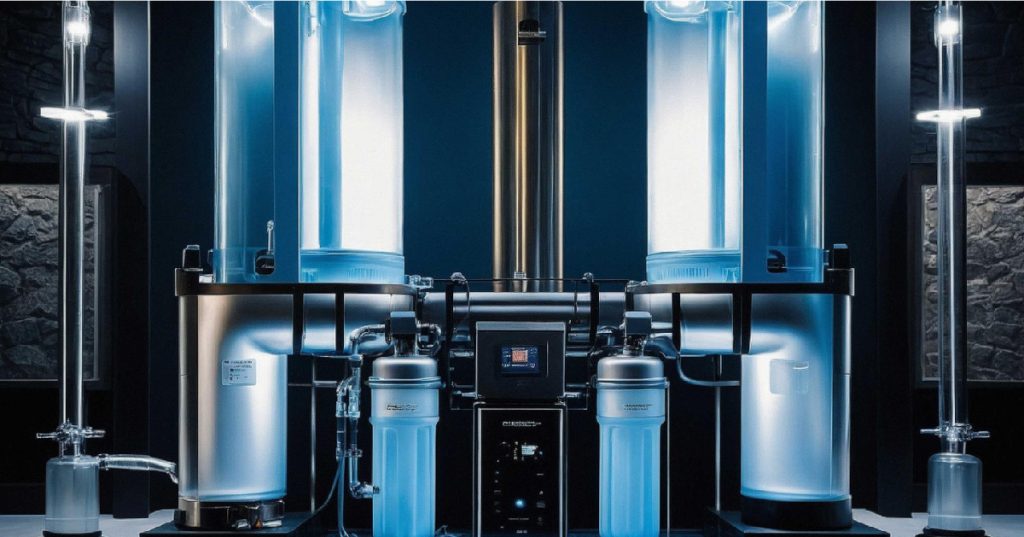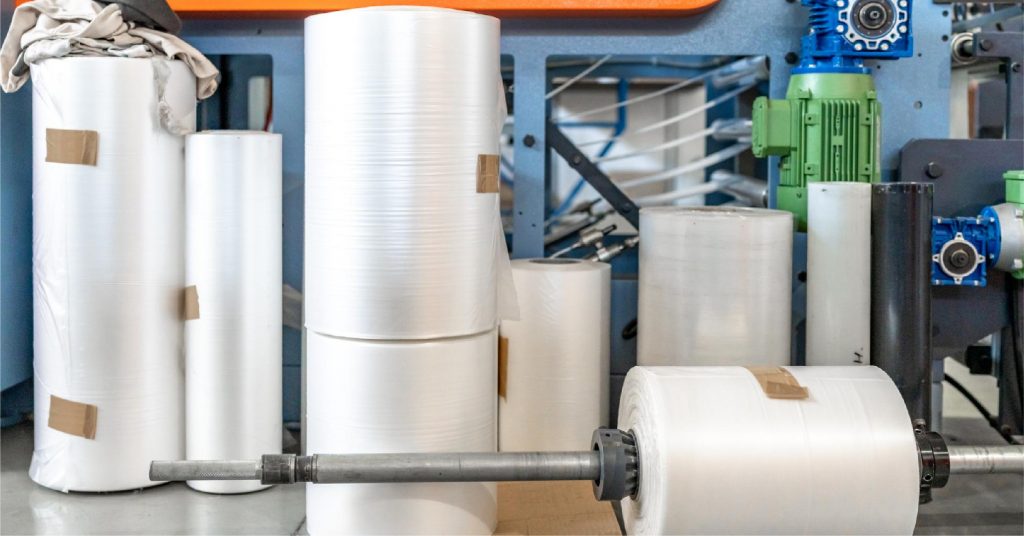Access to pure water is essential for various applications, from industrial processes to medical and laboratory use. In South Africa, the need for high-quality water has driven the adoption of advanced water purification methods like deionization and distillation. While both methods produce purified water, they serve distinct purposes and differ in their processes. Understanding these differences is crucial for choosing the right water type for specific needs.
In this blog, we’ll explore deionized water, compare deionized water vs distilled water, and discuss their applications and advantages in South Africa.
Table of Contents
ToggleWhat is Deionized Water?
Deionized water has undergone a process to remove dissolved ions and minerals. This is achieved using a deionized water system, which employs ion exchange resins to replace cations (like calcium and magnesium) and anions (like chloride and sulfate) with hydrogen and hydroxide ions. The result is ultra-pure water, free from ionic contaminants.
A deionized water system is commonly used in industries where water conductivity and ionic purity are critical, such as pharmaceuticals, electronics manufacturing, and laboratories. It is also popular in South Africa for industrial processes requiring water with no dissolved salts or minerals.
Distilled Water vs. Deionized Water: What’s the Difference?
When comparing deionized water vs distilled water, the primary difference lies in the purification processes and the contaminants they target.
- Purification Process
- Distilled water is produced by boiling water to create steam, which is then condensed back into liquid form. This process removes impurities with higher boiling points, such as minerals, salts, and some organic contaminants.
- Deionized water is created by passing water through a deionized water system that removes ions and minerals using ion exchange resins.
- Contaminants Removed
- Distillation removes most impurities, including heavy metals, minerals, and some microorganisms. However, volatile organic compounds (VOCs) with boiling points lower than water may remain.
- Deionization specifically targets ionic impurities, making it highly effective for applications where electrical conductivity needs to be minimized. However, it does not remove non-ionic contaminants like bacteria or organic compounds.
- Water Purity
- Deionized water has a lower conductivity than distilled water, making it more suitable for applications requiring ultra-pure water.
- Distilled water is less pure than deionized water due to the presence of non-ionic substances.
- Applications
- Distilled water is commonly used in medical devices, humidifiers, and autoclaves, as well as for drinking water in areas where high mineral content is a concern.
- Deionized water is preferred in industrial applications like electronics manufacturing, chemical production, and laboratory experiments where the absence of ions is critical.
- Cost and Scalability
- Distillation is energy-intensive and less cost-effective for large-scale applications.
- Deionized water systems are more scalable and efficient for producing large quantities of purified water, making them a popular choice for industries in South Africa.
Advantages of Deionized Water in South Africa
Deionized water is particularly beneficial for various industries and applications in South Africa due to its high purity and versatility.
- Electronics Manufacturing: Deionized water is used for cleaning and rinsing electronic components to avoid ionic residue that can cause short circuits or corrosion.
- Pharmaceutical Industry: It is essential for the preparation of medicines and laboratory experiments, where even trace amounts of ions can interfere with results.
- Automotive Industry: Deionized water is used in car batteries and cooling systems to prevent scaling and corrosion.
- Industrial Cleaning: It ensures a streak-free finish when cleaning glass and metal surfaces, making it ideal for commercial cleaning applications.
- Laboratories: Deionized water is used for analytical testing and as a solvent for chemical reactions.
Choosing Between Deionized Water and Distilled Water
The choice between deionized water and distilled water depends on the specific requirements of the application.
- If the primary concern is removing ionic impurities, such as in electronics manufacturing or pharmaceutical production, a deionized water system is the ideal choice.
- If a broader range of contaminants, including microorganisms and heavy metals, needs to be removed, distilled water may be more appropriate.
For industries in South Africa, where scalability and cost-effectiveness are often critical factors, deionized water systems are typically more practical and efficient for large-scale operations.
How Ion Exchange Ensures High-Quality Deionized Water Systems?
INDION EDI
The INDION Electrodeionisation (EDI) System from Ion Exchange delivers consistent, high-purity water without the need for chemical regeneration, making it both cost-effective and hassle-free. This robust and reliable system integrates the proven technologies of electrodialysis and ion exchange resin deionization, offering a continuous process for producing ultrapure water using ion exchange membranes, resins, and electricity. With features like minimal maintenance and reduced operational costs, the INDION EDI System ensures a steady supply of ultrapure water, making it an ideal solution for various industrial applications.
INDION HEMO
INDION HEMO, a state-of-the-art solution from Ion Exchange, is designed to deliver ultrapure water essential for safe and effective artificial kidney dialysis. Adhering to the stringent standards set by AAMI, Indion HEMO undergoes a meticulous multi-stage treatment process, ensuring water is free from harmful mineral contaminants and bacterial endotoxins. This high-purity water mitigates the risk of adverse reactions such as nausea, vomiting, and muscle weakness in patients undergoing dialysis. Additionally, our comprehensive wastewater management solutions not only guarantee water purity for dialysis but also promote sustainability and cost-efficiency through secondary water usage. Indion HEMO’s offerings include customizable single-pass and double-pass sanitary RO designs, hot water sanitizable RO membranes, and advanced technologies like ultraviolet disinfection, electro-deionization, and ultrafiltration, all aimed at ensuring the highest quality and safety in dialysis water systems.
Conclusion
Understanding the differences between deionized water and distilled water is essential for selecting the right purification method for specific applications. While distilled water is effective for general use, deionized water offers unparalleled ionic purity, making it ideal for industrial and laboratory applications.
For businesses and industries in South Africa, investing in a deionized water system can lead to improved efficiency, reduced costs, and enhanced product quality. Whether you require water for electronics manufacturing, pharmaceutical production, or laboratory testing, deionized water is a reliable solution.





